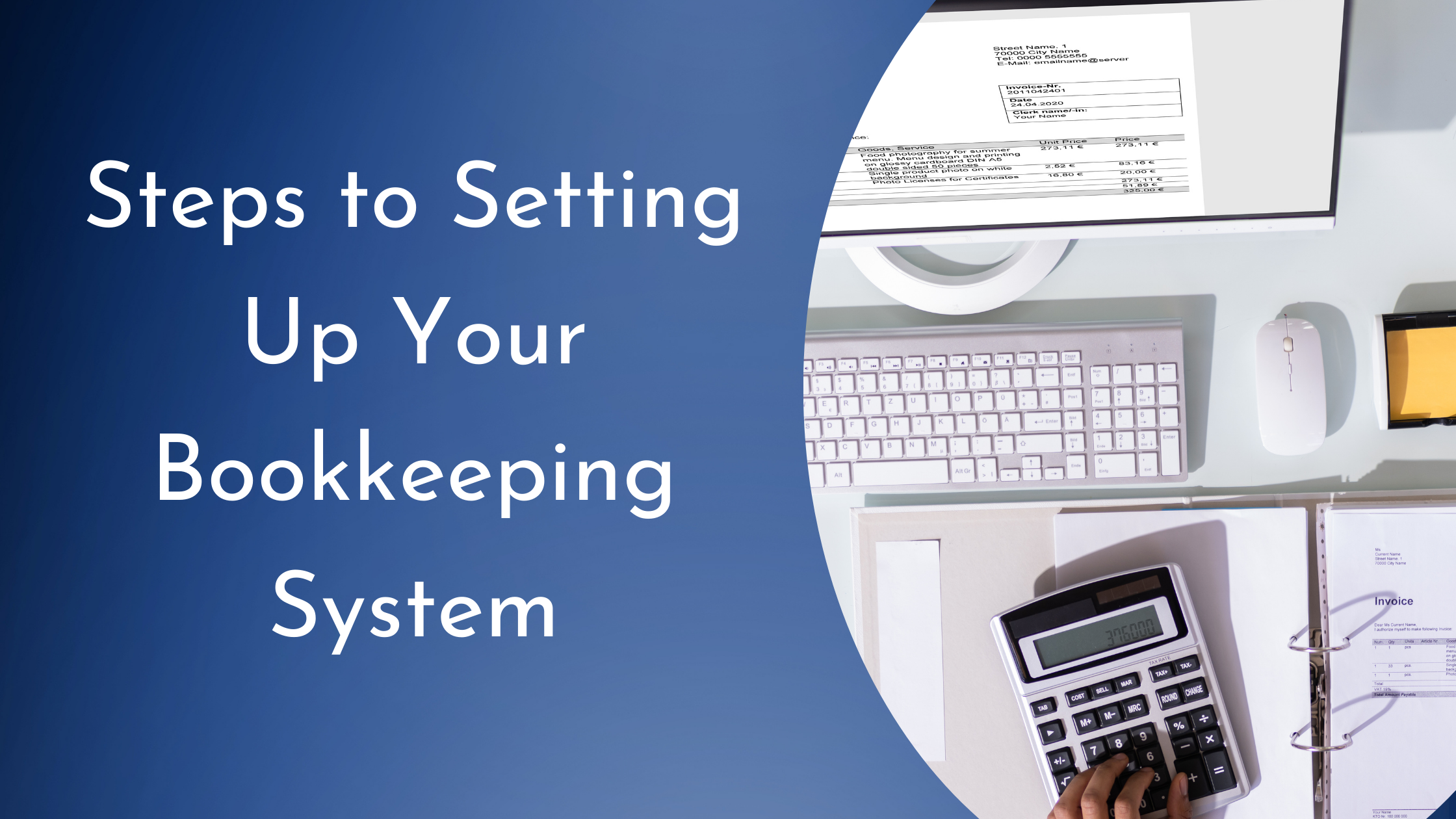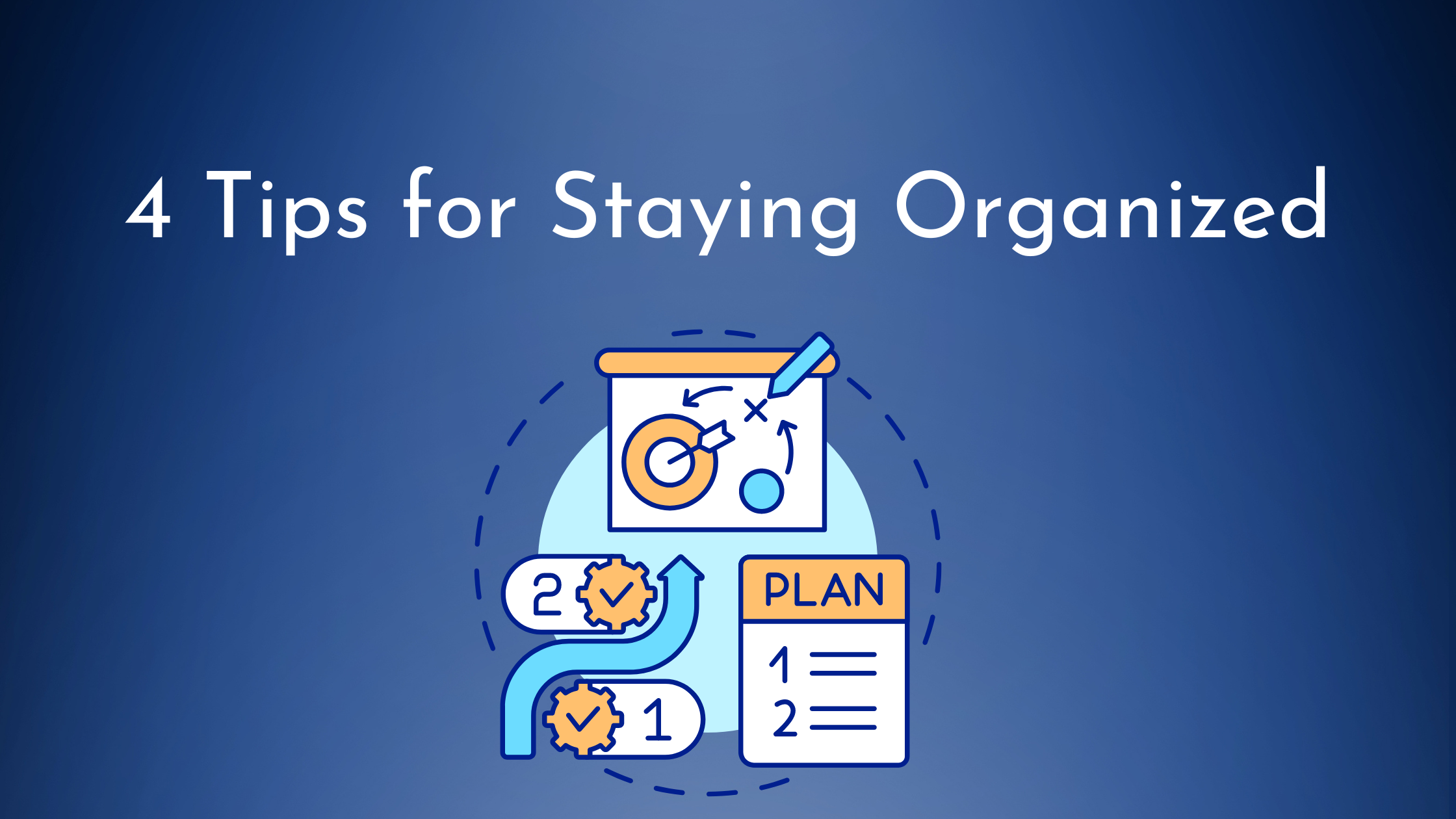Contents
Starting a business is exciting, but without a bookkeeping setup in place, you might find yourself overwhelmed. Your business’s finances are its lifeline, and proper bookkeeping ensures that every dollar is accounted for, every expense is tracked, and you’re prepared when tax time rolls around.
In this guide, we’ll break down the accounting services in the USA that can help small business owners like you. Whether you’re working with an accountant or setting up your system, we’ll walk you through key steps to build a solid financial foundation. By the end, you’ll know how to manage your small business accounting effectively, making it easier to grow your company and stay compliant with tax regulations.
Before diving into the setup process, it’s important to understand why bookkeeping and accounting are essential for every small business. While it might seem like a tedious task, bookkeeping helps you maintain an organized financial system, which is crucial for managing cash flow, making informed decisions, and keeping your business on track. Explore our local bookkeeping services near you. Here are some reasons why it’s so vital:
Neglecting to set up a reliable bookkeeping system can lead to costly mistakes. For small businesses, missing out on tax deadlines or not having accurate records can result in hefty fines or even cash flow issues.

The first step to organizing your small business accounting is picking the right software. Many accounting firms recommend tools like QuickBooks, Xero, or FreshBooks for small businesses because they offer easy-to-use features, automation, reporting, and cloud-based access. The goal is to select a solution that simplifies your bookkeeping tasks while keeping everything accurate.
If your business grows, you can also integrate virtual bookkeeping services in the USA, which allow experts to manage your books remotely. This provides the flexibility of having professional oversight without the need for in-house staff, freeing up more time for you to focus on the core activities of your business.
Some key features to look for when choosing accounting software include:
Learn more about our Accounting offerings at Clarigro: Accounting Services
2. Organizing Income and Expenses
Once you have the right software, the next crucial step is organizing your income and expenses. This is the heart of your bookkeeping setup. For a small business, it’s essential to create clear categories so that you can track your financials effectively.
Having well-organized categories allows you to generate accurate financial reports, which are vital when preparing for tax time or presenting your financials to potential investors or lenders.
3. Set Up Payroll
If you have employees, then it is time for an efficient payroll system. Most small businesses can outsource this aspect of their operations to various payroll outsourcing services that will handle compliance with labor laws, tax filings, and direct deposits. By outsourcing the services, you will save valuable time and reduce the risk of payroll errors so that you can build further on your growth.
Learn more about our payroll offerings at Clarigro: Payroll Outsourcing Services.
4. Preparing for Tax Season
Tax season can be chaotic, but with the right management at your fingertips, it is completely manageable. Good recordkeeping throughout the year will pay dividends when it comes time for tax advisory services. Make sure your books are current, and if you are overwhelmed, bring in a fractional CFO who can help navigate more complicated tax or financial strategies. It’s expert insight without the price tag of a full-time chief financial officer.

If managing the books becomes too time-consuming, you can always hire bookkeeping services in the USA to handle these tasks for you. Professionals can ensure that your records are accurate and up-to-date, so you can focus on other aspects of your business.
Even with the best intentions, beginners often run into a few common roadblocks. Here are the most common pitfalls and how to avoid them:

By following this guide and setting up an effective bookkeeping system, you’ll be in control of your business’s finances. This not only helps with day-to-day management but also allows you to make better decisions for future growth. Whether you’re working with accounting services in the USA or handling your finances independently, having a structured process in place will give you peace of mind.
Take the next step today by exploring how virtual bookkeeping services in the USA or a fractional CFO can help your business thrive. Start building the financial foundation your company needs to succeed!
For more information on accounting services, visit Clarigro’s Accounting Services.
Do you have any queries? Feel free to get in touch with our Expert today.
Start your journey with us